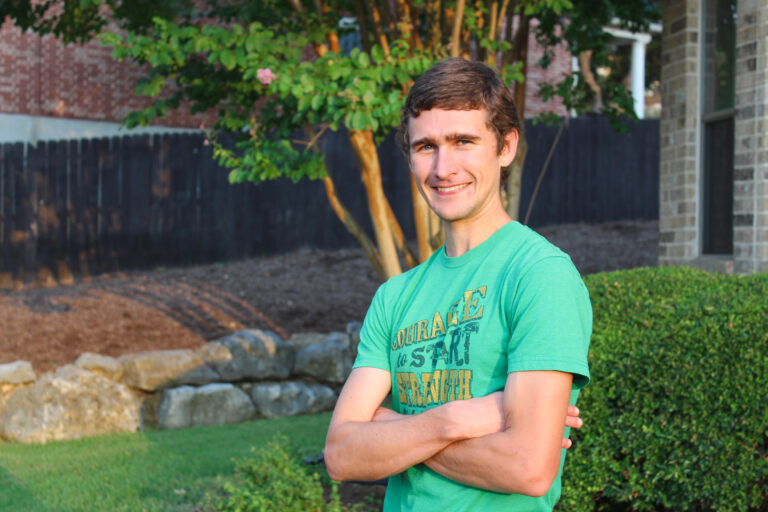Dear New Clinical Student,
Congratulations on making it through the preclinical curriculum! Though the old adage holds true, “the more you know, the more you know you don’t know,” you should still appreciate and celebrate the fact that you have grown and learned so much over the past two years. You are well on your way to becoming a doctor, a dream that you set out to make a reality what probably seems like a long time ago. You have worked incredibly hard to get to this point, and though there is always more learning and growth to come, all that you have done so far is certainly worthy of recognition and praise. Well done!
As you move into the clinical phase of the curriculum, you will find some challenges to be rather familiar, while others will be new. You will still feel at times that there is more information to learn than you even have time to see. You will still sometimes feel that the days are too short and also much too long. Though you will still need to carve out time to study for exams and occasional quizzes, your clinical duties will prevent you from being able to give “classroom learning” your undivided scholastic attention.
Thankfully, in the face of these challenges, you will also have several new factors to help you. First, you will have real patients under your care. There will be times that the sufferings of your patients will make you feel helpless, and you will likely have frequent thoughts of wanting to do more. However, treating these patients makes all that studying you did for the first two years start to feel worth it. As a student, you have the privilege of being involved enough to start wrestling with the practical skills and distinctions required by clinical medicine, while not having all the responsibility of the residents, fellows, and attendings with whom you will be working. You are at the unique stage of training when you have the opportunity to come alongside patients who need help, and unlike many doctors at a higher level of training, you have the opportunity to really take your time with each patient and show them that you really care. For example, on pediatric inpatient services you can make a special effort to ensure that the parents or other caregivers have everything they need. You can take the time to help patients find the discharge pharmacy if they need help. These things take time, and while medical knowledge and efficiency will come with experience, you may never again have so much freedom to focus on making sure each patient feels heard and cared for, and that is a contribution in itself.
A second factor that makes these challenges easier is that third year affords you the opportunity to “try on” several different careers before you commit to them. At times when I have been complaining about trying to decide between specialties to pursue, my wife has reminded me that not many other fields outside of medicine have such great opportunities to really see and experience what a job is like before you commit to it. We really are fortunate in medicine to be able to experience so many different fields before having to select one, and in that spirit, let me pass on one of the best pieces of advice I got as an almost-third-year medical student: enter each clerkship with the mindset that you are going to be that kind of doctor for the duration of the clerkship. Be a surgeon. Be a pediatrician. Be a neurologist. Put on the mantle of whatever specialty you happen to have on your schedule. I promise, you will learn so much more, and you will have a lot more fun. You may even discover that you like a specialty you never would have considered before. Third year is the opportunity to explore; don’t pass that up.
A final factor that makes the challenges of third year easier is that medicine increasingly becomes a “team sport.” Yes, you learned in teams during the MS1 and MS2 years, and yes, you will unfortunately still have to take the NBME exam at the end of each clerkship on your own. However, on a day to day basis, you will get to work right alongside those who are practicing medicine, which I assume is what you still want to do. As necessary as book knowledge is for practicing medicine, there is no substitute for immersion in the real clinical environment. You have the opportunity to “immunize yourself” against unfamiliar experiences that, while atypical outside of medicine, may be quite normal occurrences in your professional career. You have the opportunity to learn from practitioners who are already experts in their fields and incorporate some of their practices into your own repertoire.
When all else fails, remember that as a clinical student, with each passing day you are making your way through the SECOND HALF of medical school. You are closer in time to graduation than you are to the start, and that is encouraging in itself. You are well on your way to becoming the doctor you have dreamed of becoming, and your experiences as a clinical student will only bring you closer to making that dream a reality.
Best regards,
Will Young
MD Candidate, Class of 2023

